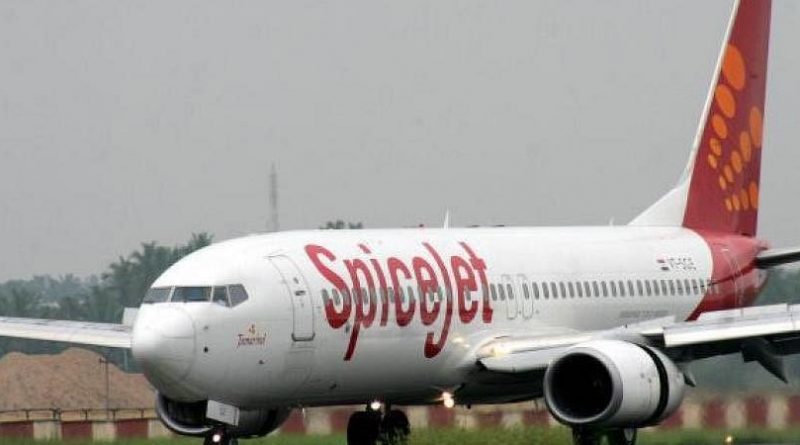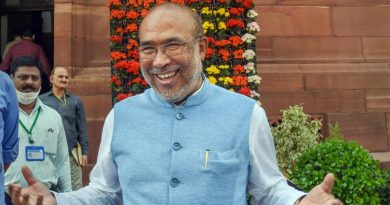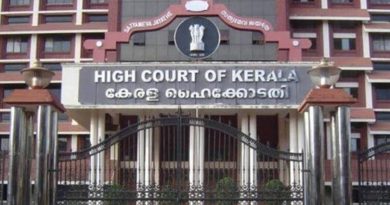Spicejet Will No Longer Be Able To Transport Dangerous Goods
Spicejet will no longer be able to transport these goods, license canceled. Some restrictions have been imposed on SpiceJet for the time being.
Aviation regulator DGCA has temporarily suspended SpiceJet’s license for transporting ‘dangerous goods’ for alleged violation of norms.
Sources said the suspension is for 30 days and during this period SpiceJet will not be allowed to carry dangerous goods, including lithium-ion batteries, on its domestic and international flights.
When contacted, a SpiceJet spokesperson did not directly mention the suspension.
The airline said there was a minor issue in which a consignor’s package was declared as ‘non-dangerous baggage’. While he has been blacklisted.
According to the Directorate General of Civil Aviation (DGCA) regulations, dangerous goods are substances that may pose a risk to health, safety, property, or the environment.
“The DGCA has suspended SpiceJet’s license for dangerous goods for 30 days for violating the prescribed norms for transportation of such goods,” the sources said.
Earlier, DGCA has decided to extend the ban on scheduled international commercial flights till October 31 in view of the increasing cases of Covid-19.
The DGCA said, this restriction will not apply to international all-cargo operations and specifically to flights approved by the regulator.
The aviation regulator said scheduled international flights may be allowed on selected routes on a case-to-case basis.
The central government had on March 23 last year banned the operation of international flights to control the spread of Covid-19.
However, the flight restrictions were later eased under an air bubble arrangement with some countries. India has signed air bubble agreements with about 25 countries.
The country has been operating Vande Bharat flights to many countries for the past year.
Big loss to the business of government insurance companies, unable to keep their feet in the market.
Despite the improvement in the auto insurance segment, the market share of public sector general insurers vis–vis private players declined to 32.6 percent in August this year.
This was 36.6 percent in the same month of the previous year.
An analysis of CARE Ratings’ monthly data shows that the share of private players in the motor insurance segment rose to 67.4 percent in Aug from 63.4 percent in the corresponding month of the previous year.
The share of public sector general insurance companies has been declining since the financial year 2017-18.
Then the share of government companies in this category was 46.5 percent and that of private companies was 53.5 percent.




